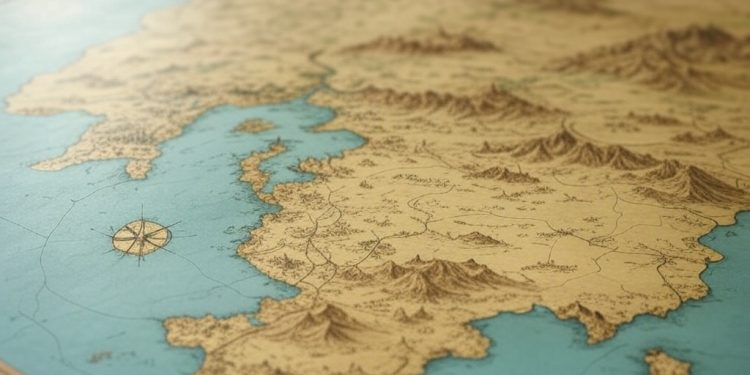As the Middle East stabilizes, Israel must shift from military dominance to economic survival, seeking new regional partners to stay afloat.
The UAE emerges as a key player. This Gulf state, known for its shrewd diplomacy, has earned a reputation for skillfully balancing relationships across all sides.
UAE’s Economic Influence on Israel
The UAE is poised to reshape Israel’s future through economic dominance. With $500 billion in sovereign wealth and $10 billion in trade with Israel, the UAE leverages deep ties in the financial industrial complex (FIC) and investments in Yemen. For example, it steadily erodes Israel’s autonomy, tying its $150 billion tech sector to Abu Dhabi’s vision. Additionally, the UAE exploits Israel’s tarnished humanitarian record to demand diplomatic concessions. In a region shifting from chaos to commerce, Israel risks becoming a tech-driven vassal in a Gulf-led order. Meanwhile, the UAE solidifies its role as a kingmaker.
Strategic Investments in Yemen and Beyond
By 2027, the UAE’s $300 million investment in Yemen’s STC will stabilize Aden’s port, securing the Red Sea’s $10 billion monthly trade flow. This move extends beyond Yemen. Specifically, it aims to control global commerce arteries, including Israel’s Haifa port, which could gain $1 billion annually from Red Sea traffic. Consequently, Israel’s tech firms, desperate for markets as the U.S. retracts, will align with the Gulf’s economic machine. Furthermore, the UAE’s relentless diplomatic maneuvering strengthens its position. As the architect of the Abraham Accords, it drives $10 billion in trade with Israel, projected to reach $15 billion by 2027.
Diplomatic Leverage and Trade Networks
The UAE positions itself as the region’s friendly broker. For instance, it dangles access to billions in trade networks like BRICS, a lifeline for Israel’s GDP. However, this comes at a steep price. The UAE exploits Israel’s humanitarian baggage—Gaza’s deaths, labeled genocide by 70% of the global south—to force concessions. By 2026, the UAE will likely pressure Israel into a “two-state” solution, backed by BRICS and the Levant. If Israel resists, it risks total isolation. With $15 billion in China deals and ties to both FIC and BRICS, the UAE fills the vacuum left by America, offering Israel billions for compliance.
Israel’s Economic Transformation
Israel’s slow decline seems inevitable. Its $500 billion GDP, once supported by U.S. aid, faces stagnation. By 2027, Israel will likely become a tech-driven cog in the Gulf’s economic engine. Its military dominance will fade, replaced by economic subservience. Ultimately, the UAE’s strategic moves ensure Israel’s integration into a Gulf-led regional order, reshaping its future.





